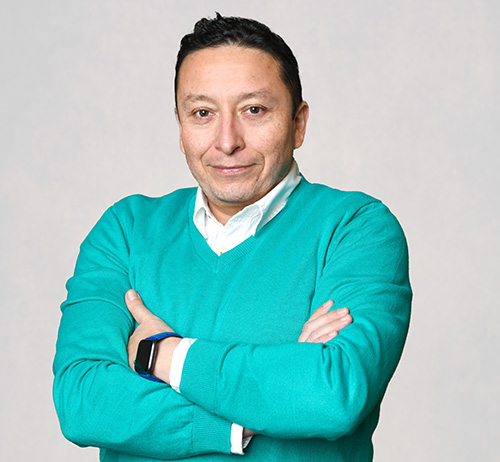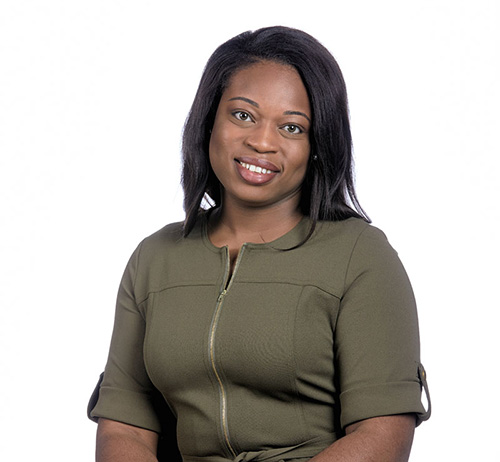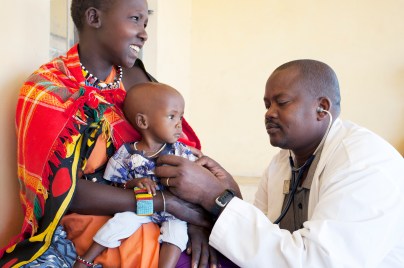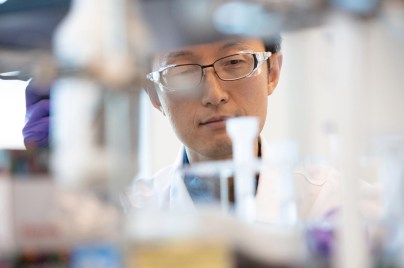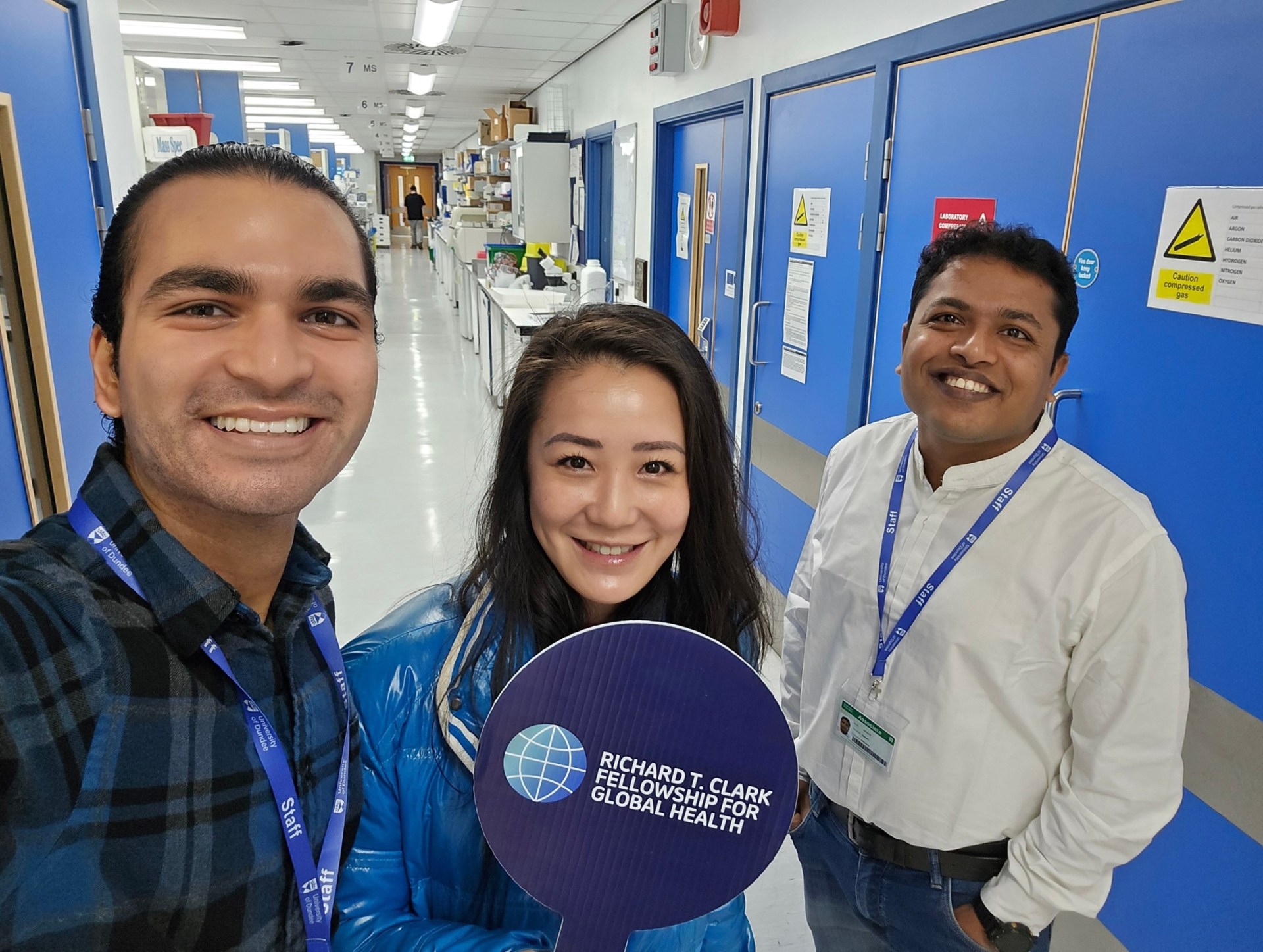
Richard T. Clark Fellowship for Global Health
This three-month, philanthropic leadership program allows our employees to use their skills and talents to help make a difference in the lives of others and engage in important projects that contribute to our focus on expanding access to health globally.
We're helping NGOs address some of the world’s most pressing health challenges
Each year, approximately 30 employees from around the world are selected as fellows and placed on teams to support the efforts of non-governmental organizations (NGOs). The Richard T. Clark (RTC) Fellowship focuses on three areas:
- Strengthen the capacity and impact of non-governmental organizations by providing expert knowledge and strategic support from subject matter experts.
- Deliver an unparalleled and innovative professional development experience.
- Utilize key insights and learnings to drive continuous improvement across the company.
Our impact by the numbers
By developing and implementing creative and sustainable solutions, the program’s impact in communities spans far beyond the end of the assignment period. Since the fellowship was established in 2012, we’ve had:
Opportunities for our talent
Whether they’re looking to understand the patient journey more closely, achieve hands-on experience addressing a health challenge, or delve deeper into areas of unmet need, each RTC Fellow, along with the NGO partners and our company, benefits deeply from their assignment.
Honoring a legacy of humanitarianism
The program is named in honor of Richard (Dick) T. Clark, our former CEO, chairman and president, whose visionary leadership helped position our organization as a respected humanitarian change-agent on the world stage.
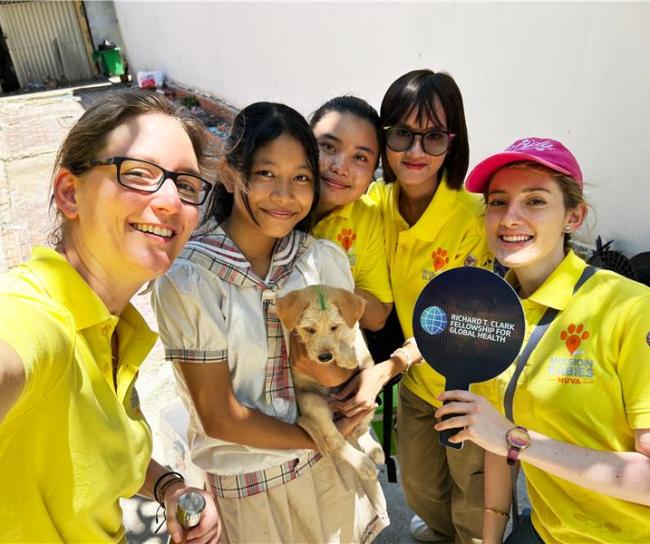
Making an impact
The RTC Fellowship highlights the compassion, diversity and skill that our employees contribute to their fields. It serves as a testament to the diverse leadership present at Merck and reinforces the incredible impact we can make when we work together for the greater good.

Developing top talent
The RTC Fellow selection process, preparation activities, manager support and reintegration activities all align with our objectives to attract, develop and retain the best and brightest talent.

Meet some of our alumni
Learn more about some of the fellows who stepped away from their day jobs to make a difference for people across the globe.
Our partners
Our partner organizations have proven expertise and success in driving solutions that expand access to health in meaningful and sustainable ways. Their efforts range from improving the availability of clean water and essential medicines to designing outreach programs that connect families with health and social services to reinforcing infrastructure for consistent follow-up and continuity of care. Please note that all partners must be non-profit NGOs.
Our NGO partners vary from year to year. Past projects (2012-2024) included:
Focus areas:
- Animal welfare
- Infectious diseases
- Maternal and child health
- Non-communicable diseases
- Nutrition
- Sexual and reproductive health
- Water, sanitation, hygiene
Intervention types:
- Community immunization initiatives
- Education
- Screening and early detection
- Nutrition programs
- Distribution of prevention tools
- Community health outreach
- Biomedical research
- Epidemiological studies
- Training health care or NGO workers
- Infrastructure development
- Health information systems

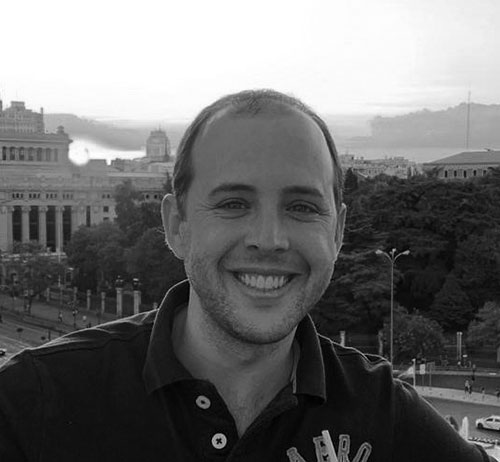
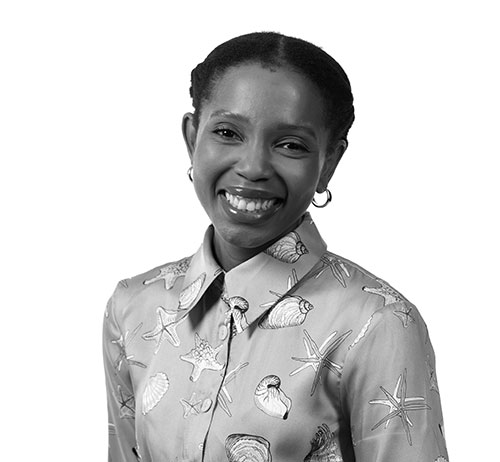
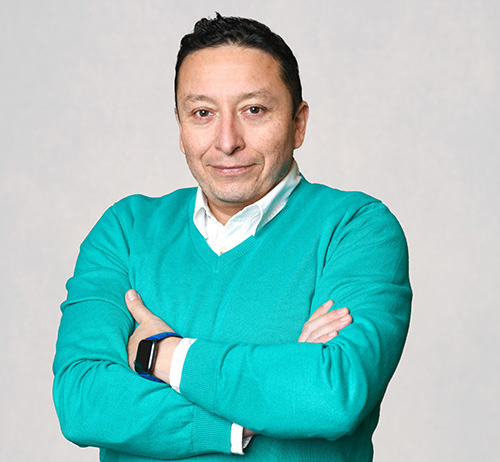
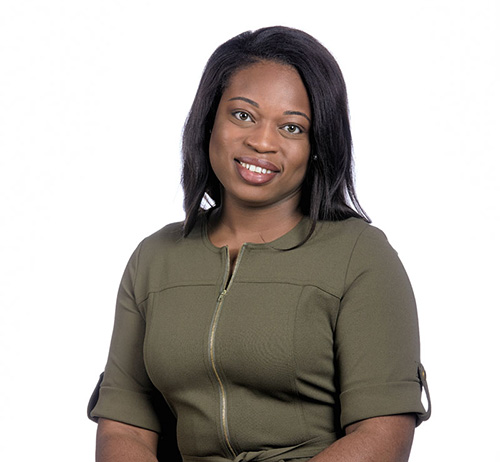
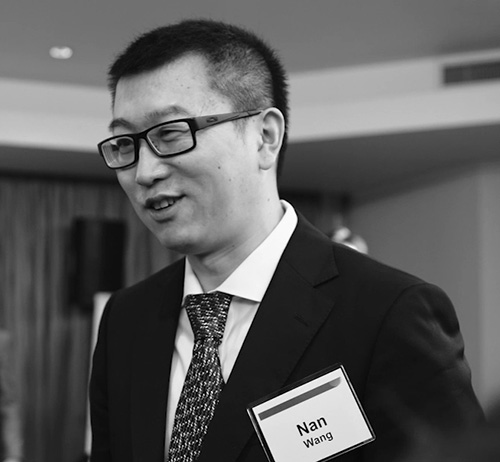
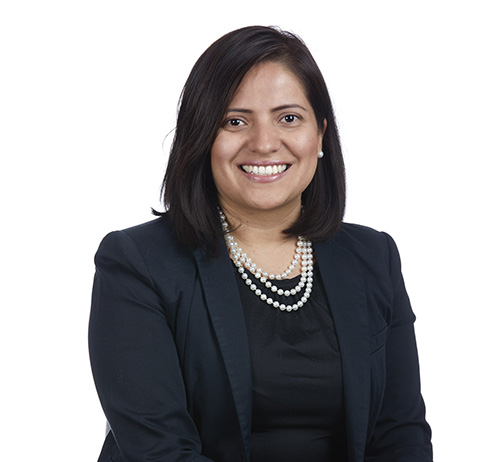
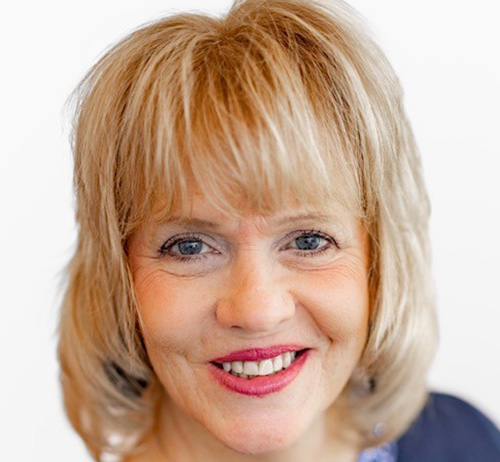
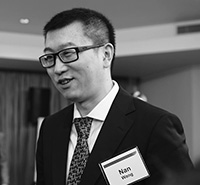 60% more Africans die from cancer than from malaria, and this number of deaths is expected to increase to almost 70% by 2030. To combat these alarming statistics, the Rwandan Ministry of Health is prioritizing timely access to cancer diagnosis and treatment for the people of Rwanda no matter where they live. In 2019, Wang and his colleagues, along with BIO Ventures for Global Health, focused on improving the country’s cancer patient referral system by establishing an inter-hospital communication system and supporting Rwanda’s Biomedical Center’s (RBC’s) implementation of the Rwanda Cancer Strategy.
60% more Africans die from cancer than from malaria, and this number of deaths is expected to increase to almost 70% by 2030. To combat these alarming statistics, the Rwandan Ministry of Health is prioritizing timely access to cancer diagnosis and treatment for the people of Rwanda no matter where they live. In 2019, Wang and his colleagues, along with BIO Ventures for Global Health, focused on improving the country’s cancer patient referral system by establishing an inter-hospital communication system and supporting Rwanda’s Biomedical Center’s (RBC’s) implementation of the Rwanda Cancer Strategy.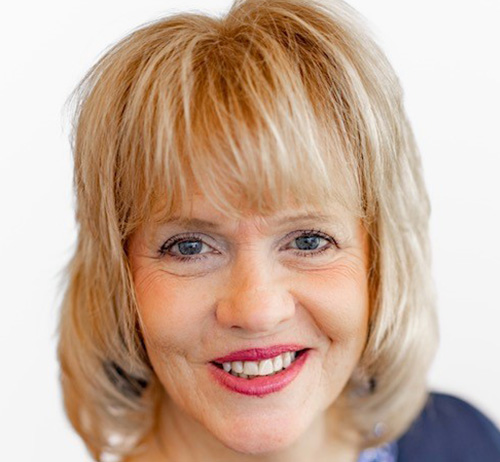
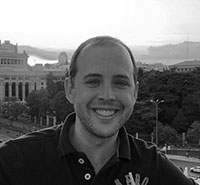 Studies show that nearly 40% of African children under the age of five are malnourished. Working with PanAfricare, Martinez Olivares and his teammate assessed the effectiveness of interventions implemented in Senegal to fight acute malnutrition in children under the age of five, babies who are breastfeeding and pregnant women. Martinez Olivares and his team supported PanAfricare in assessing their health service to identify areas of improvement and roadblocks that prevent children and women from having access to such interventions.
Studies show that nearly 40% of African children under the age of five are malnourished. Working with PanAfricare, Martinez Olivares and his teammate assessed the effectiveness of interventions implemented in Senegal to fight acute malnutrition in children under the age of five, babies who are breastfeeding and pregnant women. Martinez Olivares and his team supported PanAfricare in assessing their health service to identify areas of improvement and roadblocks that prevent children and women from having access to such interventions.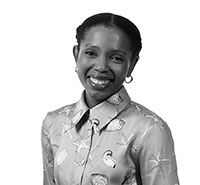 1 in 15 South Africans are affected by a rare disease. Makhene and her team — in partnership with Rare Diseases South Africa (RDSA) — worked to develop a comprehensive patient registry software system that will support each step of the patient experience from enrollment to monitoring of patterns. This will help provide effective data analysis functionality for identifying treatment patterns, promoting feasible-disease specific data interrogation, and inform future research and advocacy programs.
1 in 15 South Africans are affected by a rare disease. Makhene and her team — in partnership with Rare Diseases South Africa (RDSA) — worked to develop a comprehensive patient registry software system that will support each step of the patient experience from enrollment to monitoring of patterns. This will help provide effective data analysis functionality for identifying treatment patterns, promoting feasible-disease specific data interrogation, and inform future research and advocacy programs.